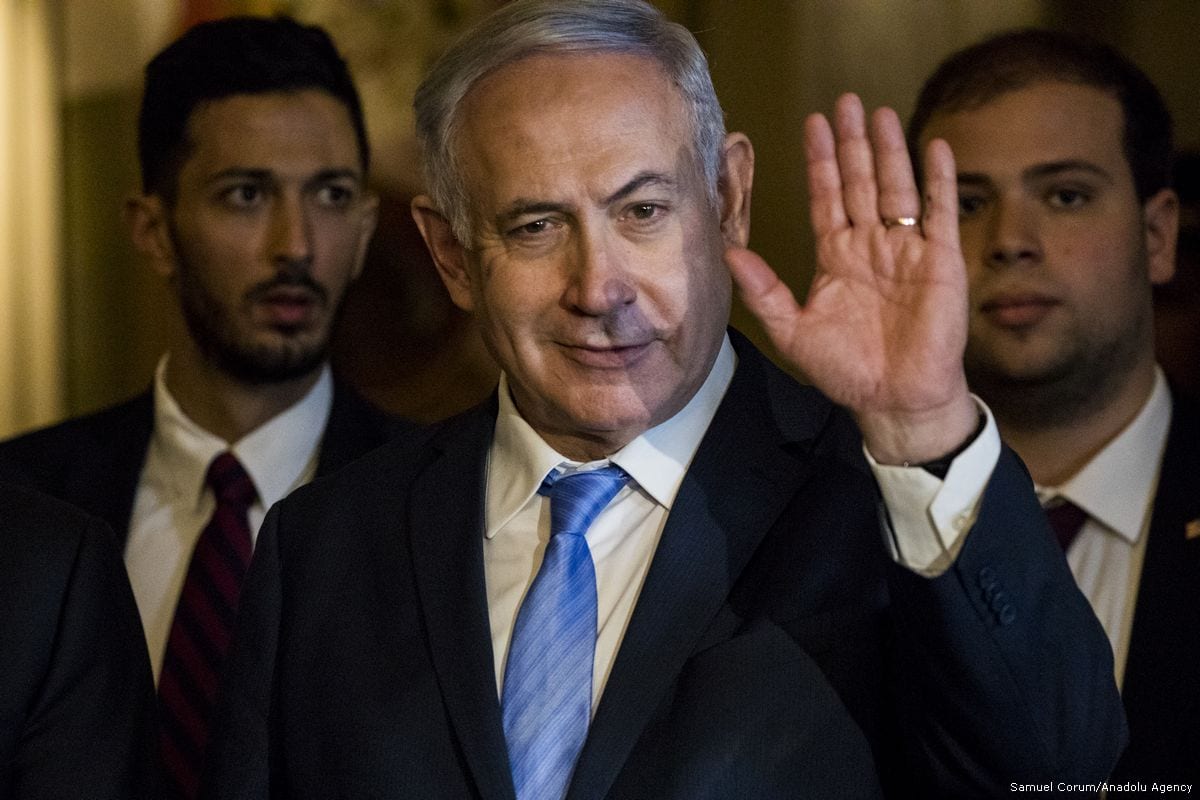What is not especially visible on Israeli television is the unrelenting horror of Palestinian suffering in Gaza, where more than twenty-three thousand people have been killed in three months, and an estimated 1.9 million have been displaced. Only rarely do Israelis see what the rest of the world sees: the corpses of Palestinian children wrapped in sheets by a mass grave; widespread hunger and disease; schools and houses, apartment blocks and mosques, reduced to rubble...Gaza is a presence on Israeli television mainly through the dispatches of reporters embedded with the I.D.F. And they tend to emphasize the experience of Israeli soldiers—their missions, their clashes with Hamas fighters, the search for hostages, the crisp pronouncements of generals and officials helicoptering in from Jerusalem.
A disregard for the suffering in Gaza is hardly limited to reactionary ministers or far-right commentators. Ben Caspit, the author of a biography critical of Netanyahu, recently posted that he felt no compunction about concentrating on the home front. “Why should we turn our attention [to Gaza]?” he wrote. “They’ve earned that hell fairly, and I don’t have a milligram of empathy...We were forced into this situation. We did not initiate it. On the contrary, we initiated peace.” His is a common sentiment among Israelis.
“You do see Gaza on TV, but not enough,” Ilana Dayan, the longtime host of “Uvda” (“Fact”), a kind of Israeli “60 Minutes.” Dayan, who has aired countless reports critical of the Israeli government and military, allowed that a patriotic tone has overtaken much of what appears on the air. “And when I come home and I say, ‘We have to know more,’ it’s hard for them to care. We know our audiences are impatient with any kind of deviation from the mainstream. We interview people about October 7th - we are stuck on October 7th - and, after those atrocities, we too often, understandably, lack the empathy to see what is happening on the other side of the border. As an Israeli, I felt so, too. As a reporter, I feel that we have to tell Israelis about the price being paid in Gaza.”
When Palestinian citizens of Israel, who make up twenty per cent of the population, voice their political sentiments on social media, the result can be harassment, doxing, or even a visit from the authorities. Many are repulsed by what they are seeing on Israeli television, in the light of what has appeared on media outlets based in the Arab world. “I can’t stomach it,” Diana Buttu, a human-rights lawyer who was once a negotiator for the Palestine Liberation Organization, told me. She lives in Haifa, a mixed city on the northern coast. “Palestinians are so dehumanized. They are not people. There is no sense of what it means that twenty thousand are dead, half of them kids. It’s only ‘We have to get Hamas.’ My neighbors in Haifa don’t see or comprehend what is being done in their name.”
A disregard for the suffering in Gaza is hardly limited to reactionary ministers or far-right commentators. Ben Caspit, the author of a biography critical of Netanyahu, recently posted that he felt no compunction about concentrating on the home front. “Why should we turn our attention [to Gaza]?” he wrote. “They’ve earned that hell fairly, and I don’t have a milligram of empathy...We were forced into this situation. We did not initiate it. On the contrary, we initiated peace.” His is a common sentiment among Israelis.
“You do see Gaza on TV, but not enough,” Ilana Dayan, the longtime host of “Uvda” (“Fact”), a kind of Israeli “60 Minutes.” Dayan, who has aired countless reports critical of the Israeli government and military, allowed that a patriotic tone has overtaken much of what appears on the air. “And when I come home and I say, ‘We have to know more,’ it’s hard for them to care. We know our audiences are impatient with any kind of deviation from the mainstream. We interview people about October 7th - we are stuck on October 7th - and, after those atrocities, we too often, understandably, lack the empathy to see what is happening on the other side of the border. As an Israeli, I felt so, too. As a reporter, I feel that we have to tell Israelis about the price being paid in Gaza.”
When Palestinian citizens of Israel, who make up twenty per cent of the population, voice their political sentiments on social media, the result can be harassment, doxing, or even a visit from the authorities. Many are repulsed by what they are seeing on Israeli television, in the light of what has appeared on media outlets based in the Arab world. “I can’t stomach it,” Diana Buttu, a human-rights lawyer who was once a negotiator for the Palestine Liberation Organization, told me. She lives in Haifa, a mixed city on the northern coast. “Palestinians are so dehumanized. They are not people. There is no sense of what it means that twenty thousand are dead, half of them kids. It’s only ‘We have to get Hamas.’ My neighbors in Haifa don’t see or comprehend what is being done in their name.”


